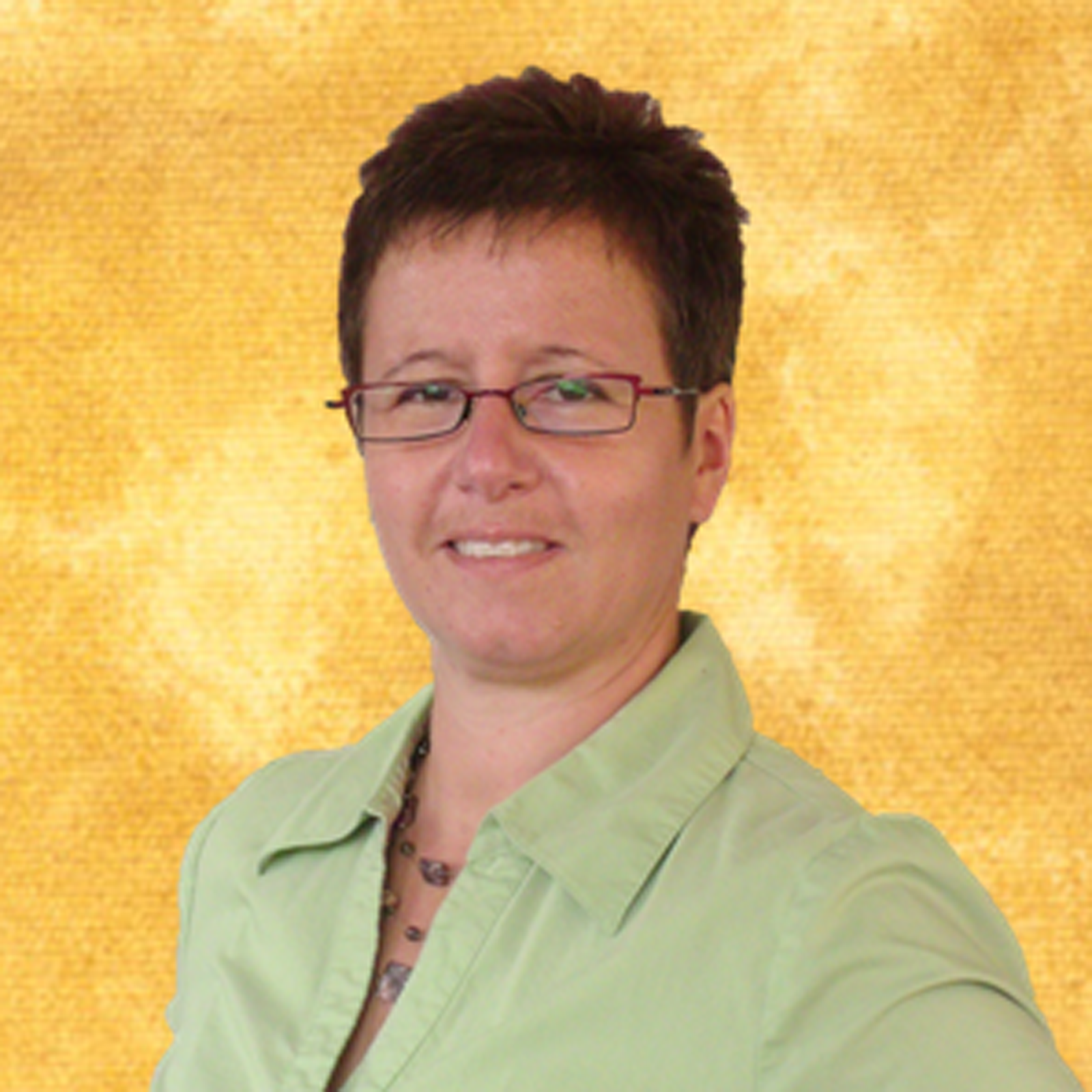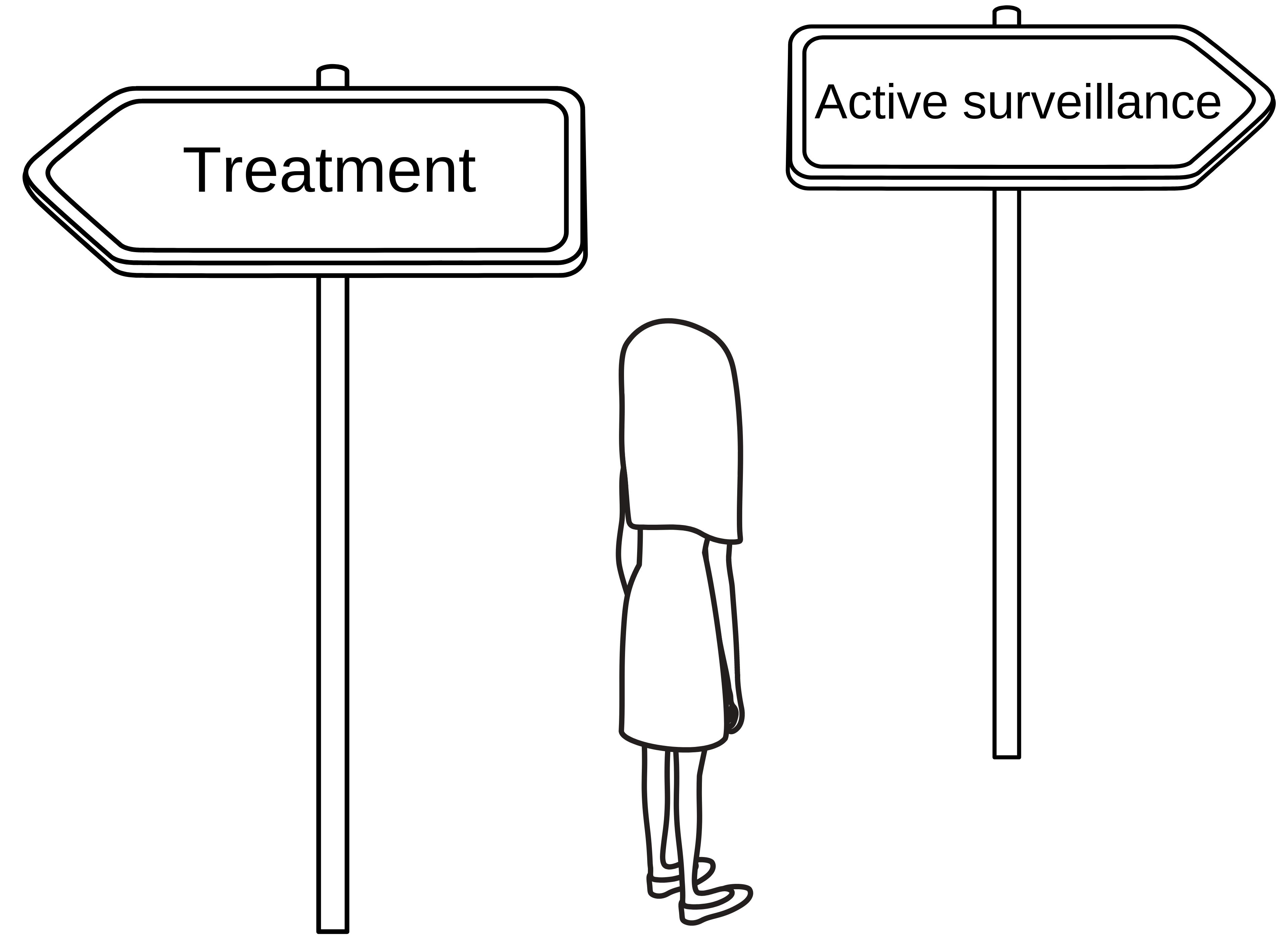
Nancy Riopel
PART 2
Today, as I write this, I am 87 days post DCIS diagnosis. There is not one day that has gone by that I have not thought about breast cancer a number of times throughout the day. This diagnosis has changed my life and robbed me of both peace of mind and my self-image as a healthy woman. While I don’t consider myself a “cancer patient” or a “cancer survivor”, I do live with a significant level of fear about cancer that was never a part of my life before. To some degree, I even wonder whether I might suffer from some level of PTSD. The word MASTECTOMY arouses so much emotion that it makes me dizzy and turns my stomach.
As I shared the last time we spoke, I owe my sister my life, or at least my right breast, because she encouraged me to do some research of my own before I made any treatment decisions. This time when I went on the internet, I was researching DCIS and the various treatment options, rather than shopping for prosthetic nipples. The more I read and learned, the more convinced I became that a ‘watch and wait’ or ‘Active Surveillance’ approach was the only journey on which I was willing to embark.

When I saw my family doctor, less than a week after my appointment with the plastic surgeon, I was armed with statistics about the likelihood of DCIS becoming Invasive Breast Cancer, the knowledge that there was enough research on active surveillance that three large scale studies were randomly assigning women to either conventional treatment or active surveillance, and a sense that I would experience a severe depression if I moved forward with a mastectomy especially if the pathology report after the mastectomy indicated that there was no additional DCIS found.
My family doctor confirmed my thoughts that I had time to do some research and make the decision that I felt was best for me. Together we decided that I would have a mammogram and set up appointments to meet a general surgeon closer to home, and appointments with oncology specialists. My family doctor recommended that I put the referral to the general surgeon recommended by my plastic surgeon on hold for the time being.
So when the first surgeon’s office (recommended by my plastic surgeon) called to schedule an appointment, I responded as my family physician and I had agreed. I asked to have the referral put on hold. I informed them that I was slowing things down. I informed them that I intended to see a surgeon closer to home as well as an oncology team before making any treatment decisions. I told them that I would call them once I had a bit more information. The nurse navigator I was speaking with became agitated and said how she could not put my referral on hold. She told me that I absolutely had to see the surgeon at her next clinic and that I was guaranteed to require surgery. She said that if I did not accept the appointment, she would be forced to write that I was ‘refusing’ treatment. We went back and forth for about 10 minutes. I finally accepted the appointment, in order to end the conversation which was stressing and angering me. I must say that I never had any intention of attending the appointment and have since cancelled the referral and made a formal complaint about the way I was treated.
When the other general surgeon’s office called to schedule my consultation, I informed the receptionist that I had no intention of having surgery. The receptionist responded by telling me that she would set a longer appointment time with the surgeon so that we could discuss a number of options. I was initially thrilled, feeling that I was making progress and might finally get to explore the road of active surveillance with the surgeon.
The actual appointment was HORRIFYING and something that to this day still makes me feel sick to my stomach; my therapist and I both feel it has left me with PTSD. When my husband and I entered the surgeon’s office, the surgeon immediately told me they had not received the paperwork from the general surgeon that my plastic surgeon had initially referred me to. When I explained that I had put that other surgical consult on hold they immediately jumped in with recommendations, which were based solely on the pathology report my family doctor had forwarded to them; DCIS grade 2 with comedo necrosis found in tissue removed during a routine breast reduction. It is important to note that they were making their recommendations based on DCIS cells that were not even known to be in my body. I had not yet had a mammogram or ultrasound; which by the way when conducted showed no evidence of disease (NED).
Did I mention that they neither introduced themself, nor offered any empathy for the diagnosis that I received? When the surgeon first mentioned mastectomy, I immediately shared that I would not be proceeding with a mastectomy or any other surgery. Their response was to say that mastectomy was my ONLY option. I immediately began to SOB UNCONTROLLABLY, so much so that I could barely look at, or hear them as they continued to insist that I ‘needed’ to have a mastectomy repeating that this was the STANDARD TREATMENT and that I had NO OTHER CHOICE. When I continued to refuse, sobbing even more intensely, if that was possible, they stated that I could ‘REFUSE TREATMENT’ and that ‘no one could force me to have a mastectomy’ adding however that they felt I would be making a BIG MISTAKE by not going ahead with the recommended treatment. The more they spoke the more adamant they became about my needing to have a mastectomy and the more adamant I became about my decision to REFUSE treatment.
At one point, when I got a bit of a grip on my emotions, I asked for some information about the risks of mastectomies; I had read about possible infections, lymphedema and chronic pain all of which told me that the risk of surgery was greater than the risk of invasive breast cancer and thus one of the reasons I was looking for active surveillance. I had hoped that the surgeon would acknowledge what I had read about the risks of a mastectomy and help me to consider the pros and the cons of active surveillance versus surgery. Unfortunately, the surgeon downplayed all the risks of mastectomy; stating that they had never had a patient who experienced chronic pain as a result of a mastectomy and that any lymphedema was usually no big deal and temporary. The surgeon’s opinion that a mastectomy posed little to no risk and that the standard of care was surgery, lead them to totally dismiss my questions about active surveillance or watchful waiting as an option.
I continued to refuse their recommendations and they continued to caution me that I was making a TERRIBLE MISTAKE. The surgeon finally got up and left the office stating that they had no idea why I had even been referred to them. They did not wrap up the conversation, nor say goodbye or wish me well. And to top it all off, even though I was still sobbing, they neither told me to take my time collecting myself to leave the office, nor closed the door behind them. The surgeon left the door open, giving all those in the waiting room a clear view of the noticeably distressed woman I had become.
While my visit with the oncology team initially went significantly better, it too took a turn for the worse when I refused both Tamoxifen and Radiation in addition to surgery. But that is a topic another day; suffice it to say for now, that I have asked them to close my file and will not be returning anytime soon. I promise to share this story in my next post.
Please, if you take one thing from my experience, consider the importance of being informed and being willing to advocate for the treatment options that you feel are best for you. What has become the most important for me, is to work with professionals who will consider the WHOLE ME and not just my cancer; the one in a jar in some pathology lab in Toronto – because both my mammogram and ultrasound show no evidence of disease. I am not DCIS, I am not a ‘tumor’ and I am not just a ‘patient’. I am a mother, a daughter, a sister, and a friend. I am not only a physical being, but the sum of my knowledge and experience, and both an emotional and spiritual being. Any medical professional who refuses to consider all the parts of my being, is not the medical professional for me.
